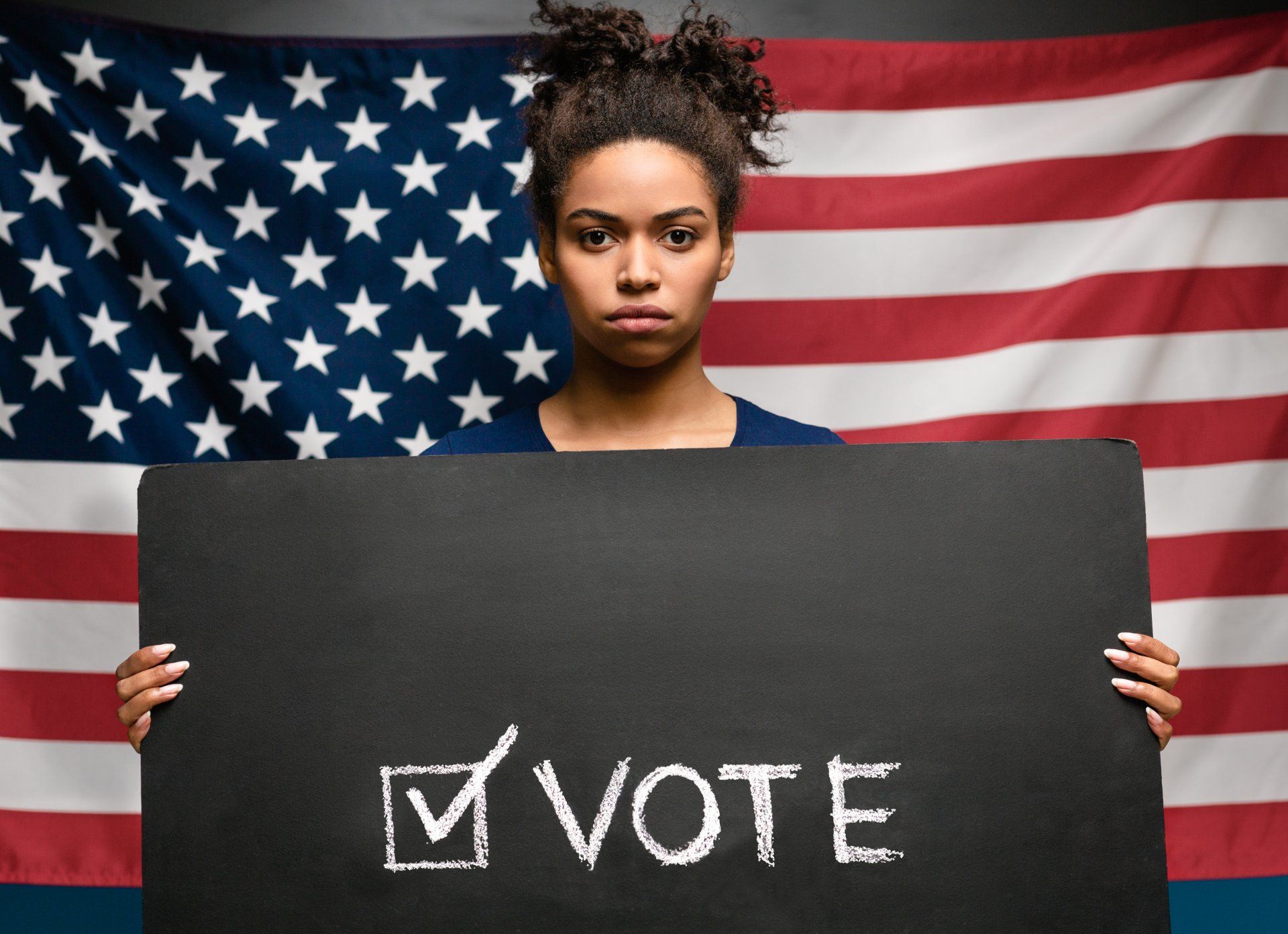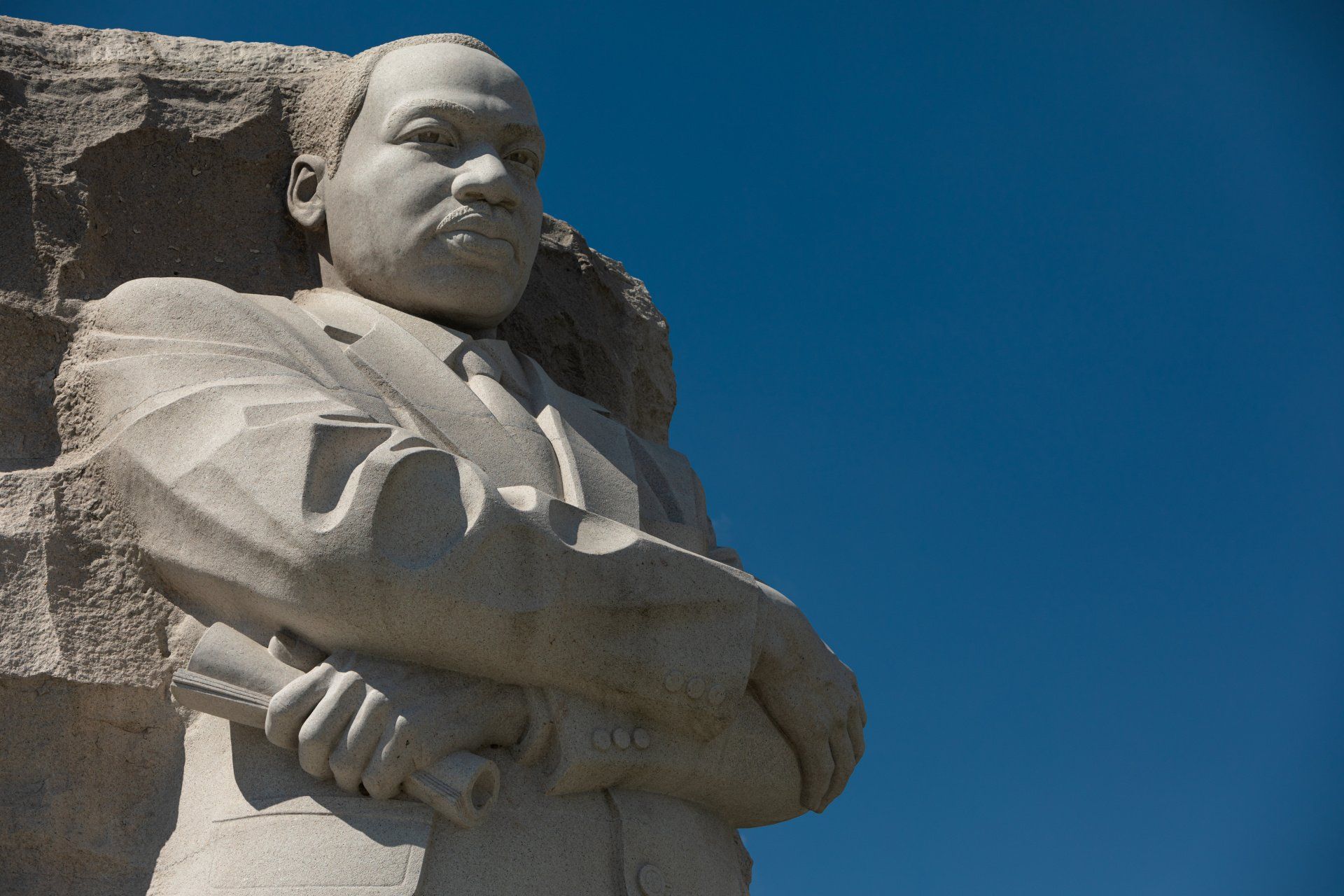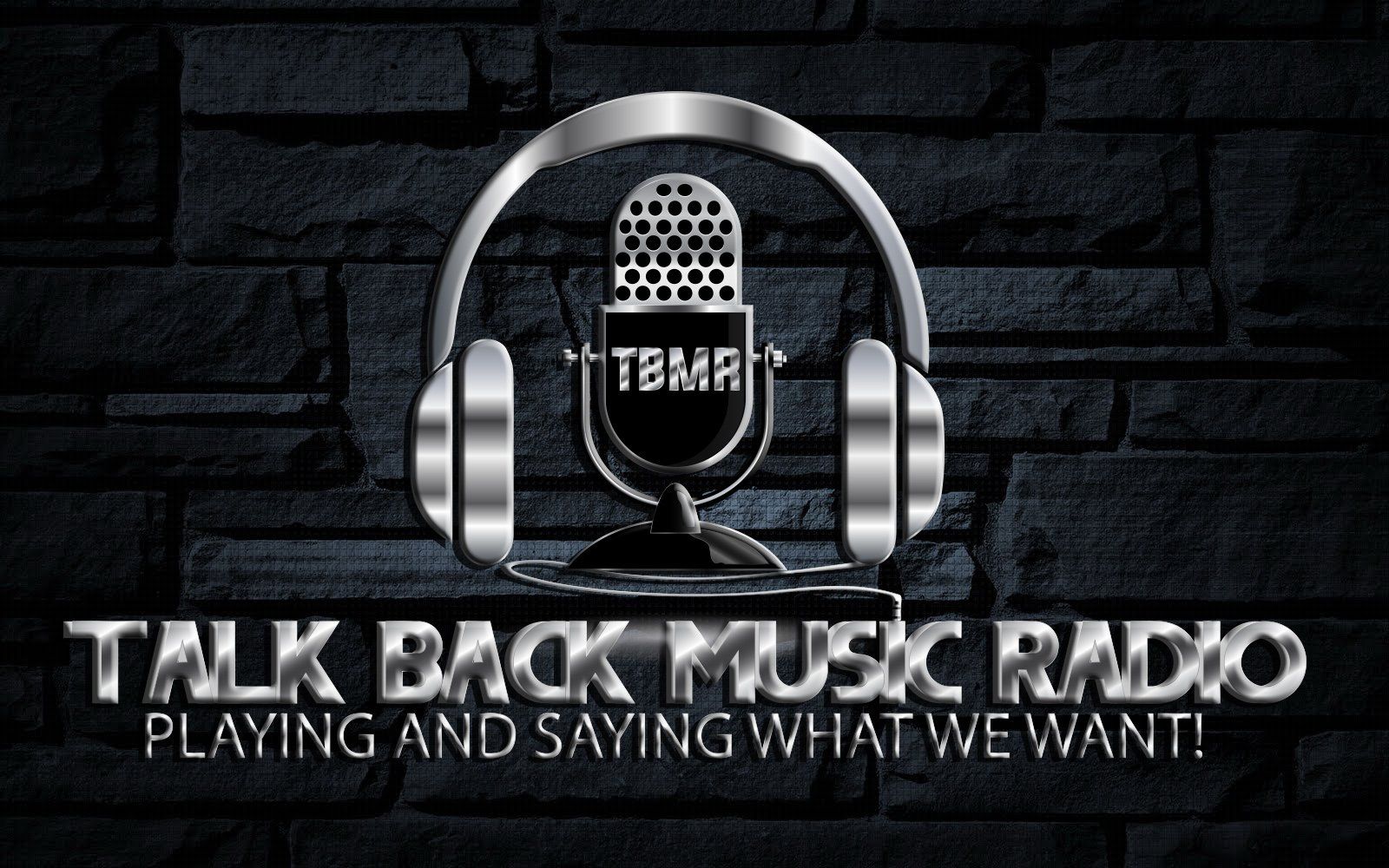Blog Layout
Terms of Art /The Art of the Deal
Nov 02, 2020

Culture is defined as the symbols, language, beliefs, values, and artifacts that are part of any society. There are two basic components of culture: ideas and symbols, and artifacts. The first type, called nonmaterial culture, includes the values, beliefs, symbols, and language that define a society. The second type, called material culture, includes all the society’s physical objects, such as its tools and technology, clothing, eating utensils, and means of transportation.
Our most important set of symbols is language. As long as we agree how to interpret words, a shared language and thus society are possible. On one hand, differences in languages can make it quite difficult to communicate. On another hand, lack of understanding of definitions and terms could lead one to miss the intended meaning or become disinterested in what is being transmitted. Language is crucial to communication and thus to any society’s culture. It is our capacity for language that makes our complex culture possible and thus one’s ability to effectively function within it.
There is a certain jubilation shared by individuals who come together and execute a plan; who harmoniously unite in faith; who consciously face an obstacle head-on and overcome it and their own fears; that step into the unknown and prevail. Participation in the voting process is no different. Thank you all for being a responsible American citizen. And whether you realize it or not, every time you vote you become more entrenched in this county’s most prominent subculture.
Terms To Note
The following are some terms of that subculture that you may have heard the past three months and some you will certainly hear over the next three months. It is more important now than ever to comprehend the message to come. KARIBU!
Absentee Ballot
A ballot completed and typically mailed in advance of an election by a voter who is unable to be present at the polls.
Ballot Initiative
A proposed law drafted by citizens and placed on the ballot. Citizens will vote to approve or reject it. Ballot initiatives are usually drafted by groups who are passionate about an issue.
Constituency
A body of voters in a specified area who elect a representative to a legislative body.
Constituent
A member of a constituency.
Election Official (Also Poll Worker, Election Clerk, Election Judge)
A person appointed to:
- Monitor the voting process at a polling place
- Make sure voters follow state requirements
- Certify an election was conducted legally
- Give the official vote count
Electioneer
To take part actively and energetically in the activities of an election campaign.
Elector
A member of the Electoral College.
Electoral College
A body of people representing the states, who formally cast votes for the election of the President and Vice President.
Electoral Vote
A vote cast by a member of the Electoral College.
Electorate
All the people in a country or area who are entitled to vote in an election.
General Election
A final election for a political office with a limited list of candidates. The candidates in the general election are the people who won their party's primary election. General elections happen at a local, state, and national level.
Incumbent
The holder of an office or post.
Lame Duck
An official (especially the President) in the final period of office, after the election of a successor.
Platform
A collection of beliefs, legislative goals, morals, and ideals. A political party's platform outlines its principles and plans to govern.
Plurality
The number of votes cast for a candidate who receives more than any other but does not receive an absolute majority.
Polling Place
A building where voting takes place during an election, typically one that normally has another function, such as a school.
Popular Vote
The votes cast during an election for a candidate or about an issue. Whichever candidate or decision about an issue gets the most votes has won the popular vote.
President-Elect
A person who has been elected President but has not yet taken up office.
Psephology
The statistical study of elections and trends in voting.
Sample Ballot
An example of what the official ballot will look like. These can be used to help people make decisions and are often published by newspapers or websites.
Suffrage
The right to vote in political elections.
Share
Tweet
Share
Mail
Thoughts from Henry Lancaster II

02 Mar, 2022
There is a phrase I am sure many of you have heard at one time or another: “hope springs eternal.” Another way to put it is a famous literary query “if Winter comes, can Spring be far behind?” Sixty-five years ago this May 17th, na-tional civil rights leaders called for a rally on the steps of the Lincoln Memorial hoping to get the federal government to fulfill the promise of the Brown v. Board of Education decision with supporting enabling legislation (more specifi-cally the Civil Rights of 1957 which, by the way, was filibustered to defeat by Senator Strom Thurmond). A very young Martin Luther King, Jr. joined the litany of presenters that day as the last speaker. The very young King noted that the monumental Brown decision was met with opposition in open defiance from many states. One form of opposition he addressed was “all types of conniving methods that are still being used to prevent Negroes from becoming registered voters.” He stated that the “denial of this sacred right is the tragic be-trayal of the highest mandates of our democratic tradition.” The defenders of voting rights today echo the same message in their challenges to restrictions being legislated al-most daily across the country. Decades before King, American writer and bard, James Weldon Johnson, wrote about democracy in America stating that “[t]his country can have no more democracy than it accords and guaran-tees to the humblest and weakest citizen.” Both King and Johnson spoke of the fulfillment of the American govern-ance experiment as having to be inclusive and non-judgmental. They more than intimated that America cannot suc-ceed if it does not allow all its citizens to have a voice. King stated, “Give us the ballot, and we will no longer have to worry the federal government about our basic rights. Give us the ballot, and we will no longer plead to the federal government for passage of an anti-lynching law; we will by the power of our vote write the law on the statute books of the South and bring an end to the das-tardly acts of the hooded perpetrators of violence. Give us the ballot, and we will transform the salient misdeeds of bloodthirsty mobs into the calculated good deeds of orderly citizens. Give us the ballot, and we will fill our legislative halls with men of goodwill and send to the sacred halls of Congress men who will not sign a “Southern Manifesto” because of their devotion to the manifesto of justice. Give us the ballot, and we will place judges on the benches of the South who will do justly and love mercy, and we will place at the head of the southern states governors who will, who have felt not only the tang of the human, but the glow of the Divine.” Arguably, the United States Constitution was intended to be the beginning of a nation’s evolution not a marker in time to fit the interests of those “in charge” at the time. I say arguably because so many of the founding fathers and their successors were purveyors of our country’s original sin. Contradictions have ravaged our past. But over time however, amendments have been adopted to right the wayward ship. And it is those amendments that have ex-panded the nation’s contract with its citizens that all men are created equal and are endowed with inalienable rights to life, liberty, and the pursuit of happiness. Voter suppression is hands down a breach of that contract. If one’s Second Amendment right to bear arms is con-sidered untouchable so should be another’s right to participate in structuring their governance. That is, a voter has the right to enter a polling place with the expectation that their vote can and will make a difference. If that voter is left with the impression in any way that the exercise of the right is mathematically insignificant for any reason other than their inability to rally like minded voters, then a breach has occurred. A breach of that magnitude is un-American. If hope truly springs eternal, it is because each election season has meaning for more than a privileged few. (References to Dr. King can be found at the King Research and Education Institute at Stanford University)
